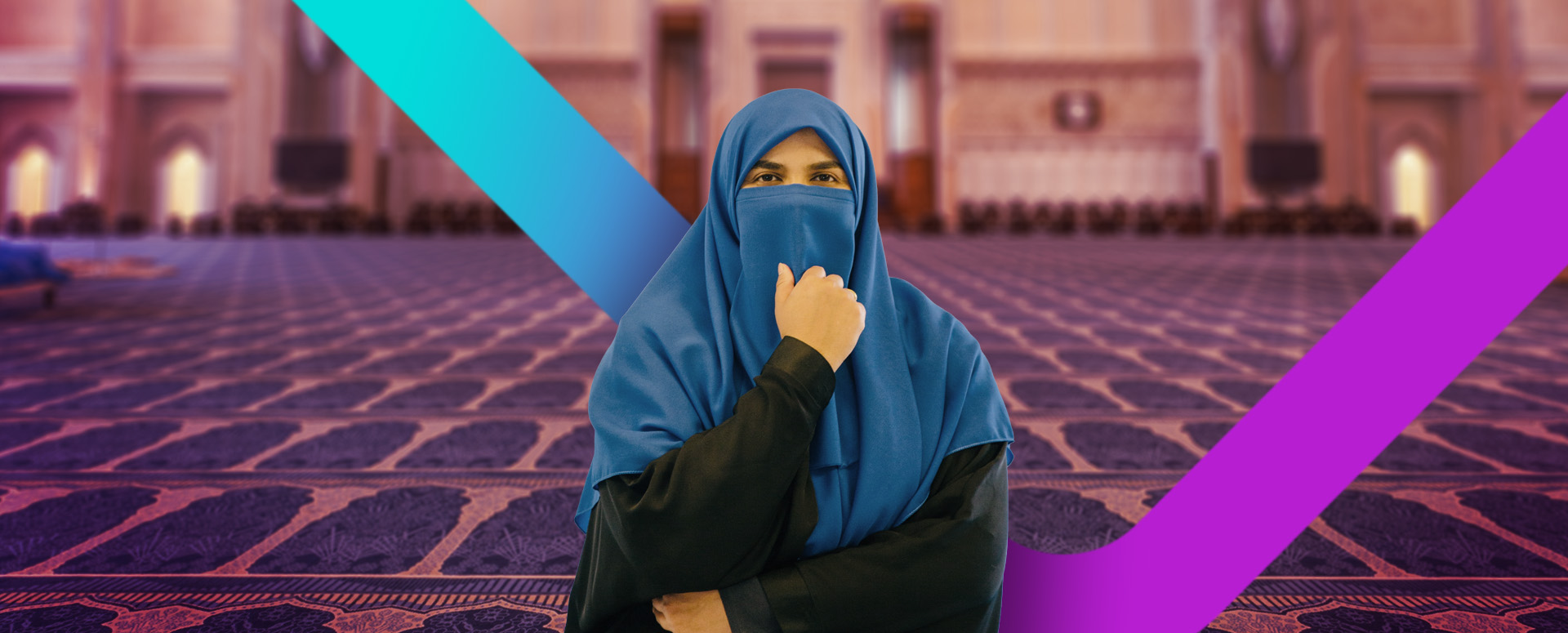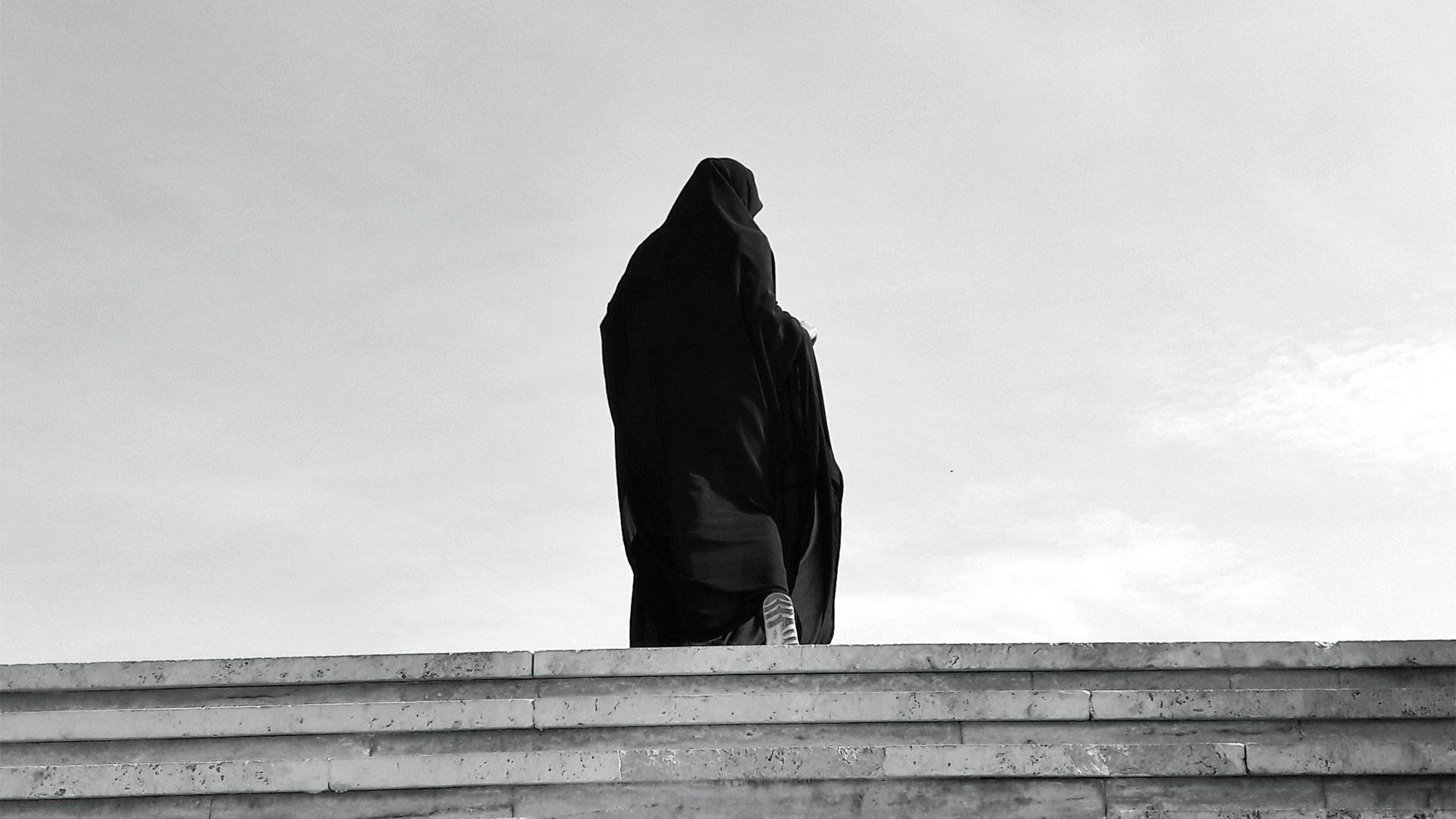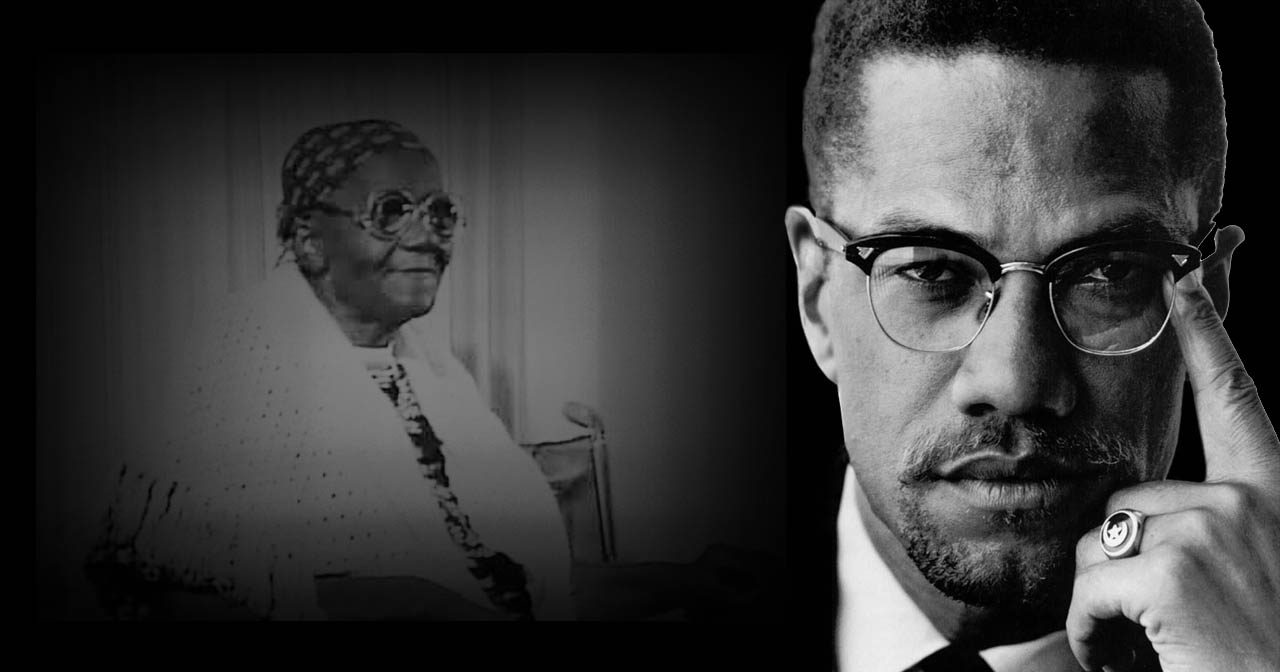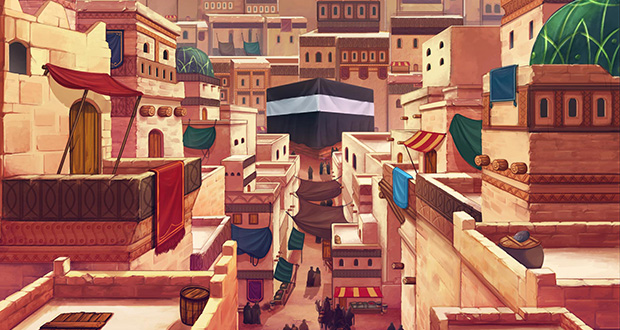
Could Islam be What You’re Looking for?
8 min. read
Written by:
Fatima Barkatulla
Date:
9th January 2023
We are living in a time when people can’t answer the simple question: “What is a woman?” Although it appears as though things have gotten better for women, a closer look reveals that the commoditisation of women and womanhood is at an all time high and various industries such as the beauty industry, fashion industry, music industry, media and popular culture have left women in mental shackles that hurt them, but are often so insidious that they are difficult to identify and remove. And worst of all, many women have been conditioned from childhood into these ways of life and have never been presented with an alternative vision for womanhood.
With the rise of the internet, girls have begun selling pictures of their body parts on the internet for the pleasure of men, wombs are now for hire, and images of beauty are constantly used against girls and women affecting their self-worth profoundly. In the words of author and activist Kat Banyard:
Today, women’s and girls’ bodies are widely denigrated as inanimate objects to be publicly scrutinised, judged, maintained and manipulated for the benefit of others; they are shared public property. A female body is deemed an object that could and should be made beautiful -at almost any cost- for the benefit of those looking at it
Kat Banyard, ‘The Equality Illusion’.
Even the uber-feminists of yesteryear decry the harms that second wave feminism and beyond have unleashed onto society:
Liberation hasn’t happened, even sexual liberation didn’t happen…what happened was that commercial pornography was liberated, fantasy was liberated, but people weren’t liberated…things have got a lot worse for women…
Germaine Greer, ‘Blurred Lines’ (BBC Documentary)
According to NatCen research group: 300 000 fathers don’t financially support their own children and one million children in the UK have no man at all in their lives! According to the Gingerbread Society: The number of single parent families has more than tripled since the second wave of feminism in the 60s and 70s, and 92% of single-parent families are ones where mothers are the primary carers of children. Women have borne the brunt of this societal decay. Men, children and society too suffer due to the breakdown of the family and the toxic culture that pervades many countries that have abandoned faith in the divine.
Women are looking for an alternative.
Despite the increased Islamophobic rhetoric in mainstream media and politics in recent times, conversion to Islam is on the rise in Western countries. In Britain, female converts are reported to be double the number of male converts and in America they outnumber men by four to one. There have also been some high profile women publicly embracing Islam in recent years; Yvonne Ridley, Lauren Booth, Sinead O’Connor and Kristiane Backer, to name but a few.
But why would women, who seemingly live a life of privilege in an area of the world that claims to have liberated and progressed furthest with regards to women’s rights, choose Islam of all religions?
Well, women are asking themselves questions such as: Who am I? Where do I come from? What am I doing in this world? What is the purpose and meaning of life? You too may have asked yourselves these questions from time to time, because these questions are important.
The answer you give to these questions, forms your worldview. A worldview is the way in which a person sees and explains the world and her place in it. It affects the way you think and experience this world. Islam answers these questions powerfully and comprehensively.
What Does Islam Give Women?
The word ‘Islam’ is related to the word ‘salam’ and means: Peace through submission to the creator. This complex and awe-inspiring universe has a creator and sustainer, a force that originated it. The Creator is not a man in the sky. He is not male at all, nor is he like his creation- he is unique. The pronoun ‘he’ is used to mean neutrality in this regard, not to imply gender.
The Qur’an is incredibly empowering. It empowers women by telling us not to be subservient to created things: to men, to the media, to fashion, to what other people think and dictate to us. It shows us that the way to be free from subservience to created things is to submit to the Creator.
The creator didn’t simply create us and leave us to wander aimlessly in this world, but provided human beings with guidance. He gave us instincts as well as sending us messages or revelations through great human beings throughout history – his messengers and prophets, like Abraham, Noah, Moses, Jesus, and Mary peace be upon them all. When human beings reject the creator and his guidance, they harm only themselves. Since the creator created us, he knows what is best for us and has over the centuries revealed scriptures to guide us. The Qur’an is the last communication we have from God.
The Gifts of Islam for Women
There are some unique gifts that the Islamic way of life affords women of today
Gift 1: A direct relationship with the Creator and true purpose to life.
Women need no intermediary between them and the creator. Allah (which means God, or ‘the One who deserves worship’ in Arabic) is the creator of the universe and is not male nor female. Women are equal to men in the eyes of God as souls and servants and have equal value and spiritual potential. As women we can call on God directly, because he hears us wherever we are.
The Qur’an – the final revelation – is addressed to both men and women and women have always had access to it (unlike in other religious traditions where scripture was traditionally kept with a small elite of men). Women were present when the revelation came and memorised it and taught it. Hafsa, a wife of the Prophet Muhammad was the safekeeper of the first written compilation of the Qur’an. Aisha, another wife of the Prophet, was one of the most important interpreters and teachers of the Qur’an.
God tells us in the Qur’an that he created men and women to recognise, acknowledge and worship him. Worship includes prayer but is meant comprehensively: to strive to live our lives on God’s terms, is to worship God. Some specific acts of worship are the five pillars of Islam which are the acts of worship that all Believers are charged with, if they are able:
- Shahadah (the testimony of faith) which is to declare: ‘There is nothing worthy of worship except Allah – the One God – and Muhammad is the Messenger of God.’ Uttering this simple phrase with conviction is how a person becomes a Muslim.
- Salah (the five daily prayers)
- Sawm (Fasting daily during the month of Ramadan)
- Zakah (Giving a percentage of your excess wealth in charity)
- Hajj (Pilgrimage to Mecca once in a lifetime).
Being our creator and sustainer, God sent these and other guidelines and instructed us as to how best to live our lives on this earth to maximise our potential and success.
Gift 2: A healthy equitable relationship with men.
Women and men are both essential to the maintenance of a healthy society and in the Islamic worldview, they are not pitted in a historical battle with one another. Great matriarchs and patriarchs have shaped our societies and are both valued and essential. However, Islam doesn’t see men and women as the same. They are different in key ways and that difference is to be celebrated and valued. Erasing and diminishing it is harmful to men and women and to society as a whole. Men have been charged with certain roles and responsibilities and women too have certain responsibilities. These can be negotiated and will differ in certain times and places, but essentially, the Islamic way of life promotes a complementarian approach to the relationship between men and women.
In marriage women have certain rights and can make stipulations in their marriage contracts according to their needs. They have the right to inherit and to own their own property and wealth, which they are not obliged to spend on their families. Men however are obliged to provide and support their families and are seen as benevolent leaders of their households. This helps promote a harmonious relationship between men and women. Although a lifelong marriage is desirable, Islam has always afforded both men and women a process to dissolve a marriage, if need be and if unavoidable.
Education, the right to property, the right to enter their own contracts, to keep their own surnames, the right to divorce, were all afforded to Muslim women 1400 years ago. These things have only been afforded to women in most European and Western countries in very recent times.
Gift 3: Freedom to embrace our femininity and womanhood.
Womanhood and femininity is embraced by Islam and valued. Men are not our standard and we are not trying to be men or to have exactly what men have. Men have certain qualities and strengths and women have certain qualities and strengths. That is to be embraced and celebrated. Where Islam treats men and women differently are in the areas where men and women are different. As one example, there are certain dispensations given to women due to their monthly menstrual periods that are not afforded to men.
Motherhood is praised in the Qur’an and the pivotal role that mothers play in shaping a positive society is recognised and fully supported by the Islamic way of life. Girls are valued as daughters and Islam was such a powerful system that within two decades, it transformed the status of women in the Arabian peninsula. For example, female infanticide was a common practice before Islam. The Qur’an condemned this heinous practice and within a short span of time it was wiped out of Arabia and every land that Islam spread to.
Gift 4: A community designed to serve and provide for us from the cradle to the grave.
Men are the protectors of women in the Islamic worldview. Good men protect girls and women from the exploitation by predatory men. This protection has unfortunately been eroded in many modern societies, especially here in Western ones, with catastrophic results. Islamic societies are designed to protect and provide for girls from cradle to grave. Until a girl gets married, her father is financially and otherwise responsible for her wellbeing. Once she is married it is her husband’s responsibility to provide and then in her old age, her sons and other menfolk are charged with this care and responsibility towards her.
Gift 5: A global family and a sisterhood like no other.
Being a Muslim means being part of a worldwide brotherhood and sisterhood. As a Muslim woman, other Muslims feel a sense of duty towards you wherever you may go. Women often speak of the sisterhood they at last feel with fellow women when they embrace Islam and especially when they experience some of the women’s only spaces that Islam offers them where they can relax and escape the competitive atmosphere that they often experience in spaces where men are present.
Read one woman’s account of why she embraced Islam:
Intrigued?
If you found this article helpful and think others could benefit, please share it. If you’d like to know more, don’t hesitate to reach out to us.
Get in touch

